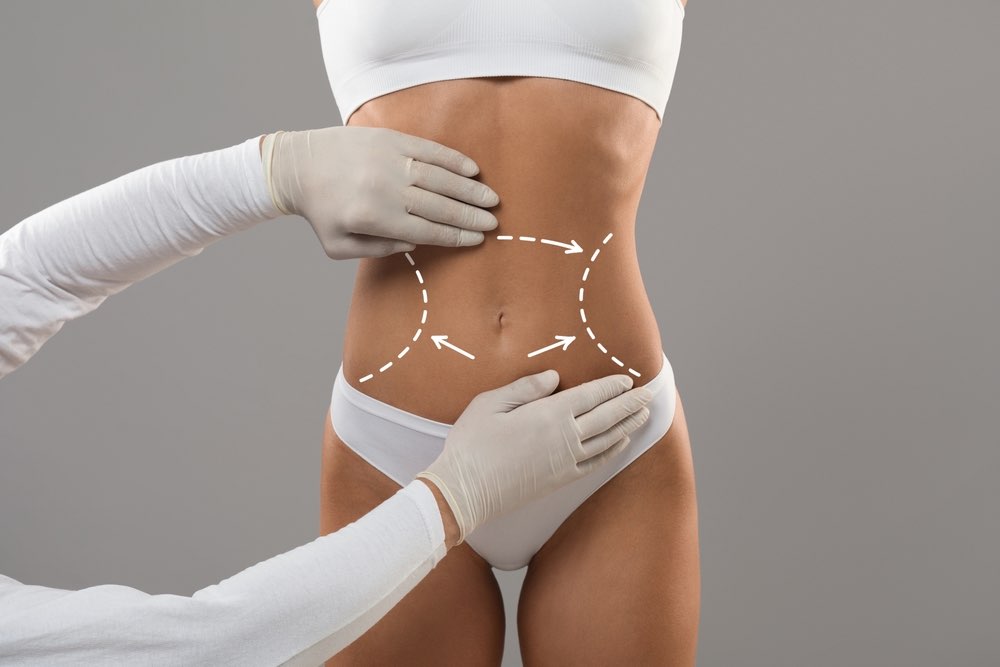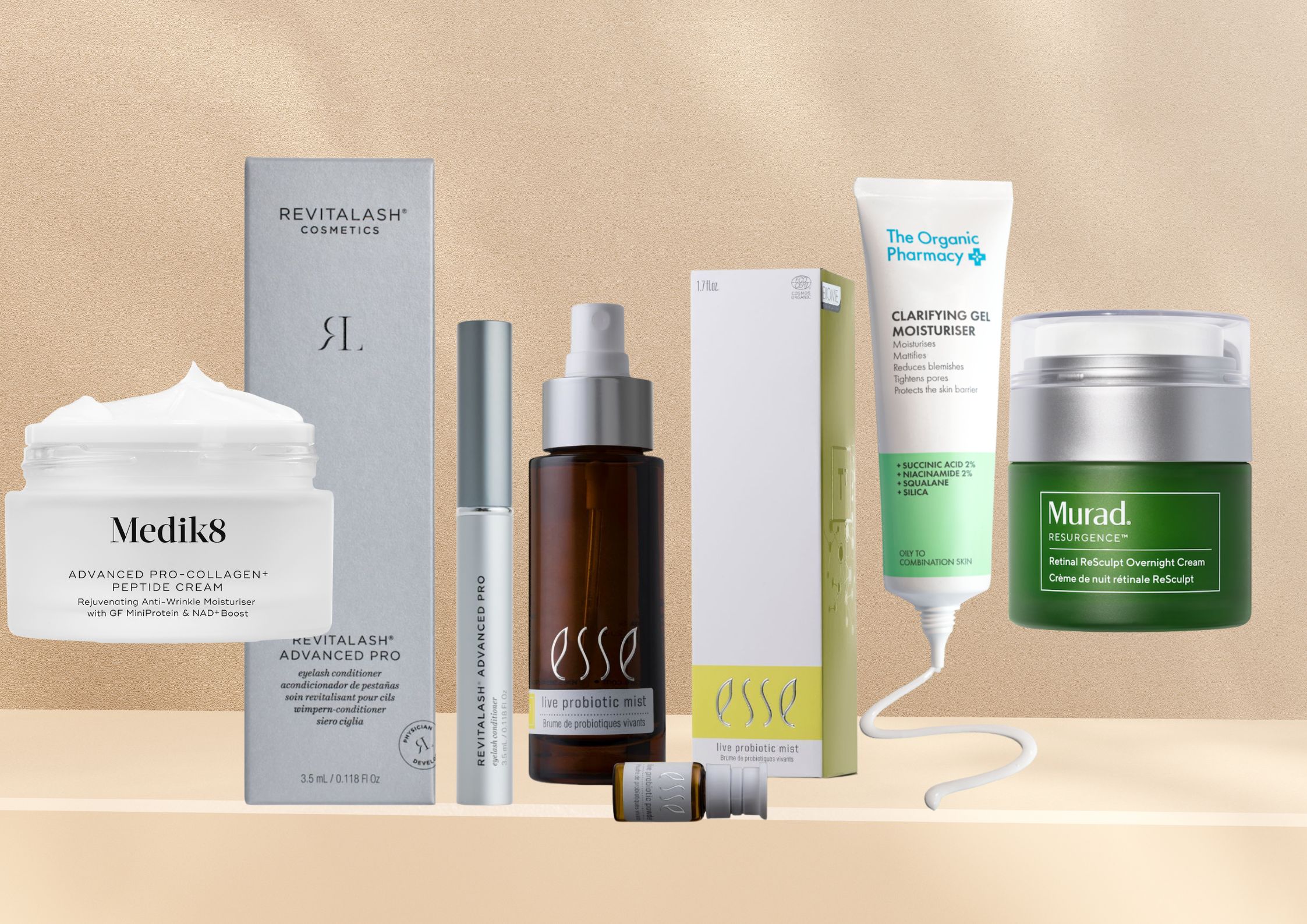New research by members of the British Association of Aesthetic Plastic Surgeons (BAAPS) suggests that patients undergoing aesthetic plastic surgery are motivated by more than just aesthetics.
Recent studies published in the Aesthetic Surgery Journal highlight that certain procedures are increasingly linked to improved psychological well-being, relief of physical symptoms, and enhanced quality of life.
These findings challenge the long-held assumptions that patients who choose aesthetic procedures are driven primarily by superficial or vanity based motives. Instead, the studies suggest that cosmetic surgery can be a valuable therapeutic tool for improving both physical and psychological health.
What are patients' motivations behind cosmetic surgery?
Studies showed that the reasons behind breast reduction surgery often went beyond cosmetic improvements, with patients frequently reporting significant pain relief, improved posture, and greater ease in daily activities.
With the growing popularity of weight loss injections, body contouring is a popular procedure following weight loss. Surgery can alleviate skin irritation and mobility limitations, whilst improving self esteem and mental health.
BAAPS members argue that surgery plays a crucial role in supporting their overall health, including psychological benefits. Patients who had facial cosmetic surgery often cite reduced anxiety, improved social confidence, and a healthier self-image.
“Our studies demonstrate that the benefits extend far beyond appearance.
“Patients consistently describe improvements in mental well-being, physical comfort, and quality of life, outcomes that should be recognised as legitimate health benefits,” notes psychologist Lucy Kozłowski.
“This research aims to inform surgeons and their patients about the genuine health benefits of aesthetic plastic surgery, while addressing misconceptions that reduce it to purely superficial motivations. It emphasises the medical and health-related value of these procedures and challenges the dismissive stance often taken by corporate hospitals, insurance providers, and government bodies. Many patients struggle with embarrassment or self-consciousness during consultations, which can hinder them from recognising the full advantages of seeking professional guidance. The positive health impacts of aesthetic cosmetic surgery are frequently overlooked and understated,” shares president of BAAPS and contributing author, Nora Nugent.
In his research paper, The Value of Aesthetic Surgery, consultant plastic surgeon Mike Tyler explores the link between the desire for cosmetic surgery driven by vanity and underlying reasons. He said, “ While cosmetic surgery may not be as critical as procedures for trauma or tumour treatment, patients often pursue surgery to meet psychological needs, such as improving their sense of belonging, self-esteem, and self-fulfilment. Beyond these psychological motivations, aesthetic cosmetic surgery also provides significant medical and healthcare benefits, including physical and functional improvements.”
The BAAPS 2024-2025 audit showed a 5% overall rise in cosmetic surgery procedures, with a total of 27,462 procedures performed in 2024. As the demand for plastic surgery continues to rise, researchers call for a broader understanding of its impact, recognising the full spectrum of patient motivations.
You might also like to read: Government announces new regulations for aesthetic and non-invasive procedures



